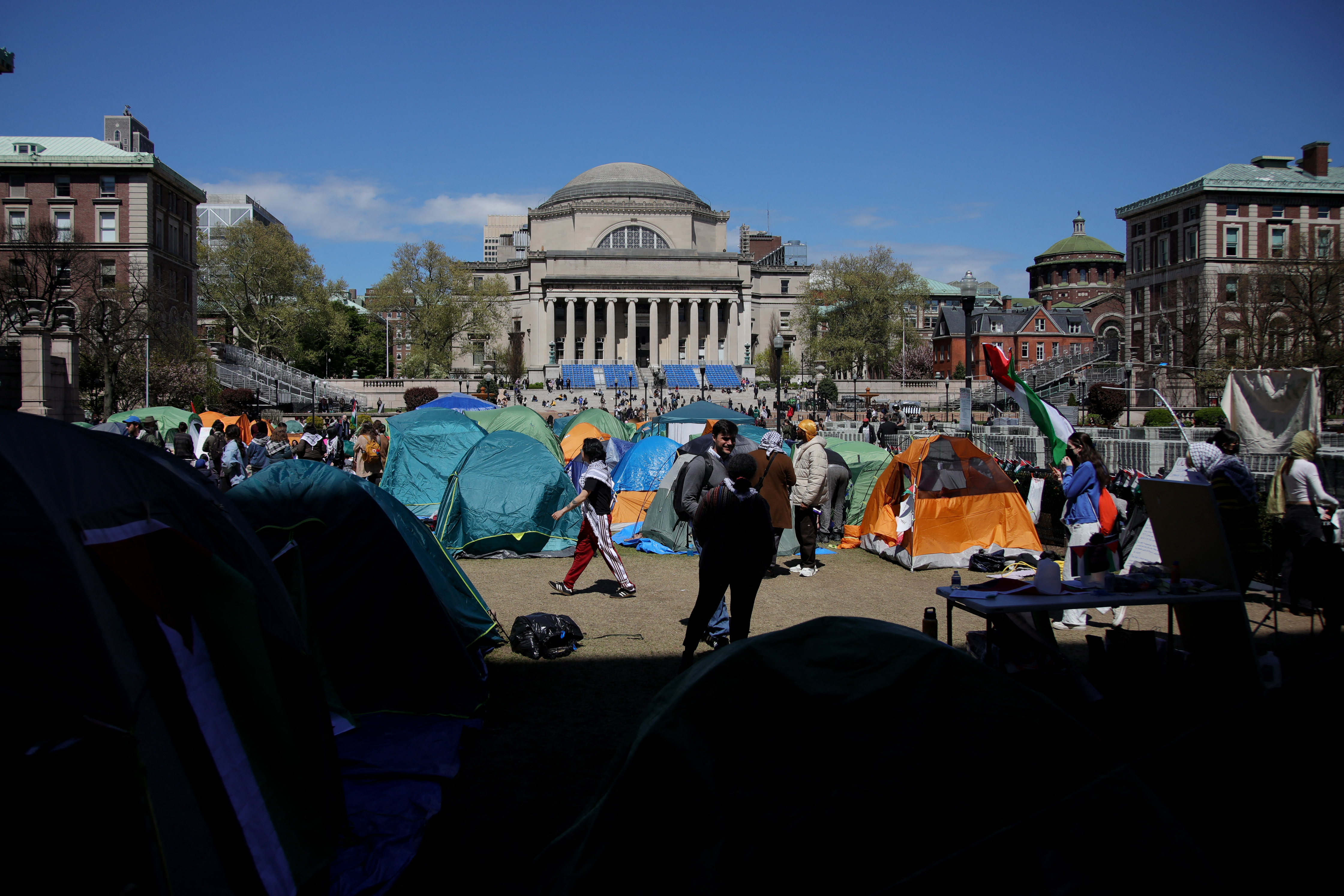A firm trial date is looming for thousands of lawsuits brought by ground zero workers against the city, but lawyers for both sides are engaged in talks to settle the cases, according to a new report.
Trials for the first 12 cases involving rescue and cleanup workers who took legal action over illnesses and injuries they allege were the result of their work at the World Trade Center in the wake of the Sept. 11 terrorist attack, are scheduled to take place in Manhattan on May 16.
But the Judge who is overseeing the litigation, Alvin K. Hellerstein,told the New York Times that a detailed and lengthy settlement plan has been drafted.
“There have been intensive discussions going on looking to settlements of individual cases and globally of all cases,” he told the Times.
Lawyers for both the plaintiffs and the city declined to comment on the negotiations.
The lawsuits began to be filed in 2006 by more than 9,000 plaintiffs against 90 government agencies and private companies.
Plaintiffs, who include firefighters, police officers, and construction workers, claim they were not given adequate safety procedures or supervision while working amongst debris. They seek damages for pain, suffering and financial loss.
Local
The defendants' lead lawyer, James E. Tyrrel Jr., says that there is no link between the plaintiff's ailments and the exposure at ground zero. He also says that some of the plaintiff's claims are false.
A bill pending in Congress, supported by Bloomberg, would offer federal assistance to people harmed by
work at the site. But the city has nevertheless been fighting the workers in court. arguing the city is immune from damages in cases of a civil defense disaster or a national emergency, reports the Times .
“We would rather stand with the responders before Congress than fight them in the courtroom,”
Jason Post, a spokesman for the mayor told the Times.
Lawyers for the plaintiffs dispute the $350 figure the city argues its liability is capped at under federal law.
If the plaintiffs prevail, the city could face an enormous fee for its share of the compensation.
Establishing cause and effect is notoriously difficult in cases of this nature. The Times reports that this is challenge is increased because the 2001 collapse of the two towers created a uniquely toxic blend of dust and fumes.
The varying range and severity of plaintiff's ailments also complicates matters. To make the litigation more manageable a severity chart which classifies injuries has been drafted.
Glen Klein, 51, a former police officer from Long Island stopped working in 2005, due to gastrointestinal and respiratory ailments.
He told the Times that he blames his illness on time he spent on recovery work at ground zero. Any redress would go towards the $30,000 credit-card debt he had acquired.



